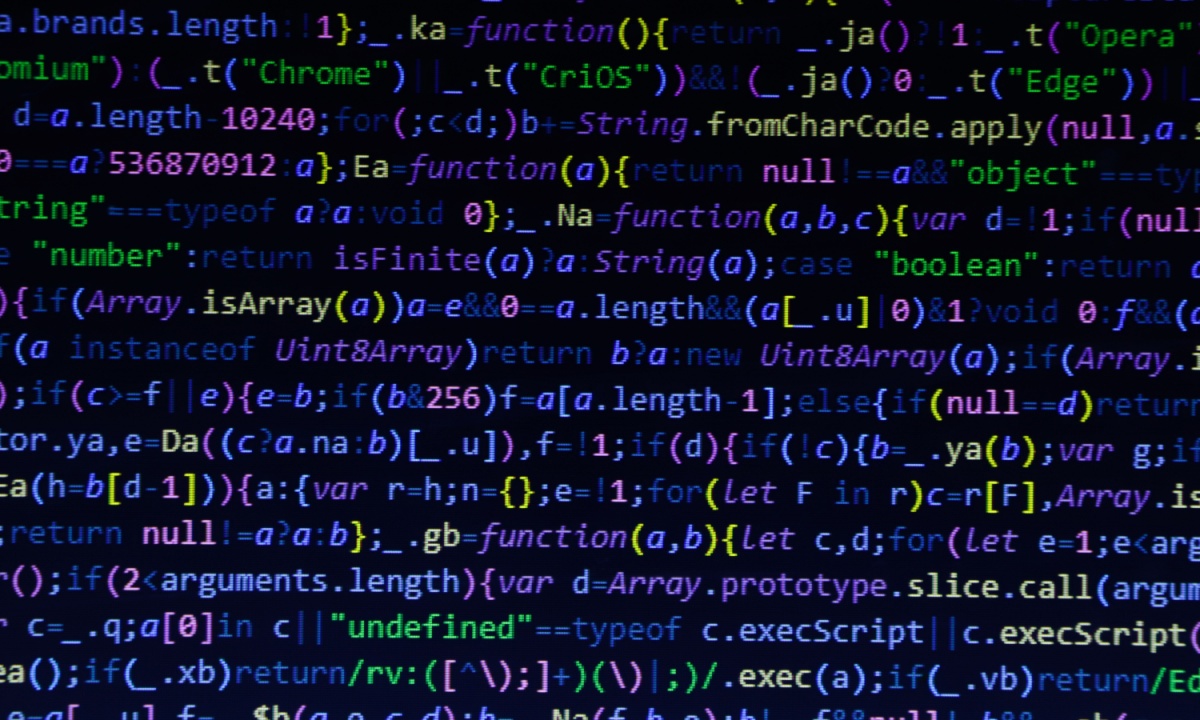
Getty Images’ high-profile copyright lawsuit against artificial intelligence company Stability AI commenced on Monday at London’s High Court, marking a significant moment in the ongoing debate over the legality of using copyrighted material to train AI systems.
The photo licensing giant accuses Stability AI of misusing millions of its images to train Stable Diffusion, an AI model that generates realistic images based on text prompts. Getty Images contends that the unauthorized use of its content constitutes copyright infringement and a violation of its licensing terms.
The case is seen as a potential landmark in determining how intellectual property law applies to the rapidly advancing field of generative AI technology. It is one of the first substantial legal challenges in the UK addressing whether AI developers can use copyrighted works without permission when building and training large-scale machine learning models.
Getty Images claims that the scale and commercial nature of Stability AI’s use of its data amounts to a systemic and deliberate breach of rights. The company is seeking substantial damages and legal remedies including possible injunctions to prevent further use of its content.
Stability AI, based in London and known for its open-source image generation tools, is expected to argue that its practices fall under fair use or similar legal exemptions, depending on applicable jurisdiction. The company has said that it wants to ensure AI development can proceed in a way that is ethical and respectful of creators’ rights.
This UK case runs in parallel with a similar lawsuit filed by Getty Images in the United States in early 2023. Legal experts say the outcomes of these proceedings could set precedent for how courts interpret intellectual property rights in the context of generative AI worldwide.
The High Court’s decision, though likely months away, could reshape relationships between technology companies and content creators, influencing future licensing frameworks and AI training practices globally.
Source: https:// – Courtesy of the original publisher.








